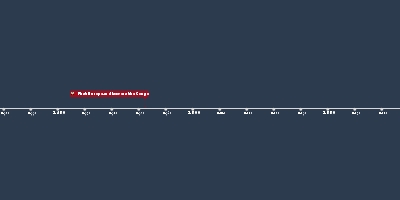Belgian Congo and Independence (nov 15, 1908 – jun 30, 1960)
Description:
Belgium formed a paternalist relationship with the people of the Congo, believing that Africans had to be taken care of and treated like children. They did not directly involve themselves in legislation, but instead used local leaders as agents to collect taxes and workers.After World War 1, the Belgian Congo became a major exporter of natural resources like cotton, coffee, and rubber. During World War 2, gold, diamonds, uranium, and other metals became important resources. All of these resources were obtained through indentured servants, who would work on 4-7 year contracts. Public goods like roads and railroads were built through the use of forced labor.
After World War 2, European nations began a process of decolonization. This slow process ramped up fast on January 4, 1959, after rioting broke out in Leopoldville. Belgian security forces ended up killing a decent amount of Africans while trying to suppress the riots, leading the country to announce its plans to decolonize the Belgian Congo. Finally, on June, 30, the Congo was granted independence.
Britannica, T. Editors of Encyclopaedia. "Belgian Congo."
Encyclopedia Britannica, November 7, 2021. https://www.britannica.com/place/Belgian-Congo.
Cordell, D. D. , Lemarchand, . René , Wiese, . Bernd Michael and Payanzo, . Ntsomo. "Democratic Republic of the Congo." Encyclopedia Britannica, April 29, 2021. https://www.britannica.com/place/Democratic-Republic-of-the-Congo.
Added to timeline:
Date:
nov 15, 1908
jun 30, 1960
~ 51 years
